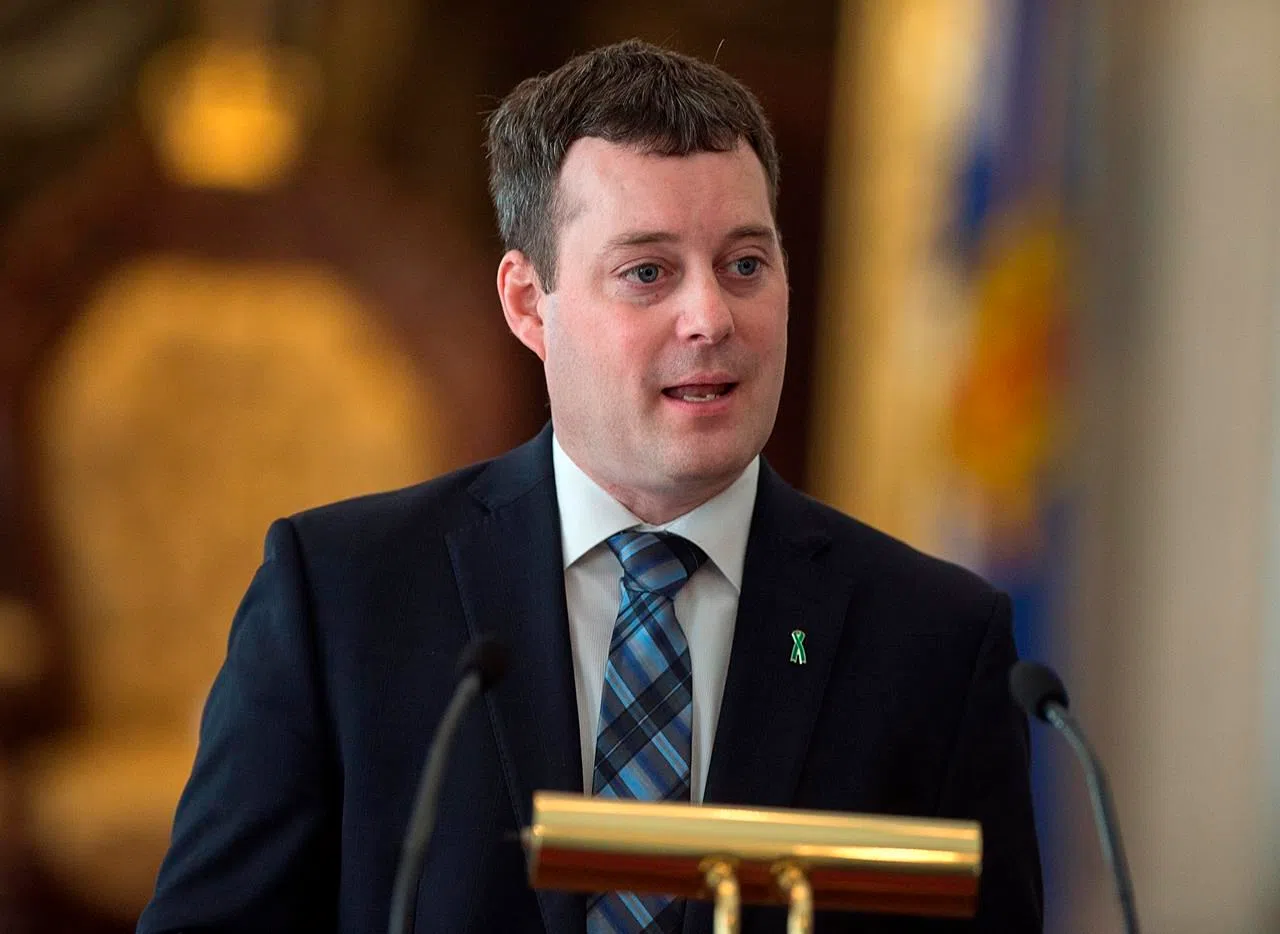
Nova Scotia’s presumed-consent bill for organ donation poised to become law
HALIFAX — Nova Scotia legislation that presumes consent for organ donations is poised to become law, with a key official saying the new system will address concerns raised by civil libertarians and others.
The Human Organ and Tissue Donation Act moved through the committee stage Tuesday and will soon go to final reading in the legislature, making Nova Scotia the first jurisdiction in North America to adopt presumed consent for donation.
Although some groups and individuals have raised concerns, no one came forward to challenge the bill at the committee stage.
Once passed, the legislation isn’t expected to take effect for at least a year to allow time for planning, education and public awareness.


